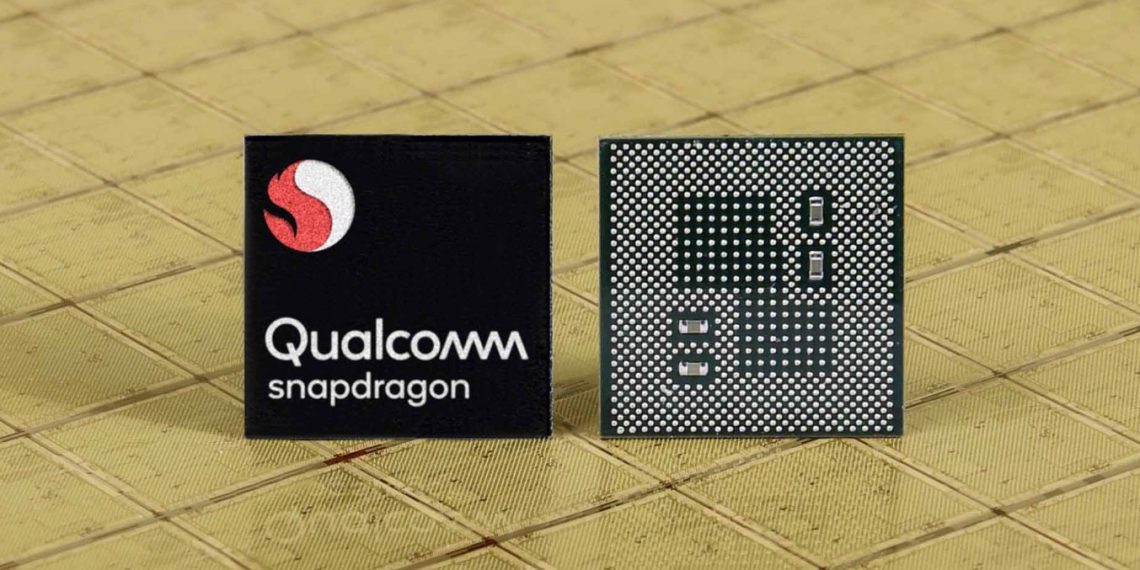In a strategic move that’s sending ripples through the semiconductor industry, Qualcomm has decided to partner with TSMC (Taiwan Semiconductor Manufacturing Company) for its upcoming Snapdragon processors, rather than Samsung. The decision marks a significant shift in Qualcomm’s manufacturing strategy and is closely tied to TSMC’s latest N3E process, which is set to gain traction next year.
Qualcomm and TSMC Collaboration Takes Center Stage
Qualcomm, a major player in the mobile chip market, has opted for TSMC’s N3E process to fabricate its next-generation flagship Snapdragon processors. This collaboration underscores TSMC’s prominence as a key player in semiconductor manufacturing. The move is expected to provide Qualcomm with the technological capabilities and production efficiency required to maintain its competitive edge.
Shifting Landscape: The Case Against Samsung
Initially, there were rumors that Qualcomm might turn to Samsung for its Snapdragon Gen 4 SoCs. However, recent developments indicate that Qualcomm has steered away from this path. One factor influencing this decision is the allocation of resources within TSMC’s N3 process. With Apple securing a substantial portion of the 3nm process for the current year, Qualcomm and MediaTek have emerged as contenders for the N3E production line in 2024.
The Snapdragon 8 Gen 4 and the Role of Custom Oryon Cores
As part of its evolving strategy, Qualcomm is set to harness TSMC’s N3E process to manufacture the Snapdragon 8 Gen 4 processors. Additionally, Qualcomm’s recent acquisition of Nuvia has positioned the company to be a frontrunner in adopting custom Oryon cores. This strategic move underscores Qualcomm’s commitment to innovation and reinforces its intent to stay ahead in the competitive mobile processor landscape.
Yield Considerations and Cost Efficiency
One of the critical factors influencing Qualcomm’s decision to favor TSMC’s N3E process over Samsung’s Foundry is the issue of yields. TSMC’s N3B wafers were noted to have lower yields, which could translate into higher costs for manufacturing the Snapdragon 8 Gen 3 chips. This potential cost escalation could have downstream effects on smartphone makers and other partners, possibly leading to price hikes to maintain profit margins.
The industry’s eyes are now on TSMC’s N3E process and Qualcomm’s upcoming Snapdragon 8 Gen 4 processors, as this collaboration reshapes the semiconductor landscape and drives the evolution of cutting-edge mobile technologies.


































































































































































































